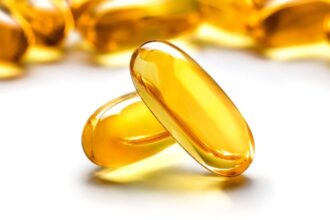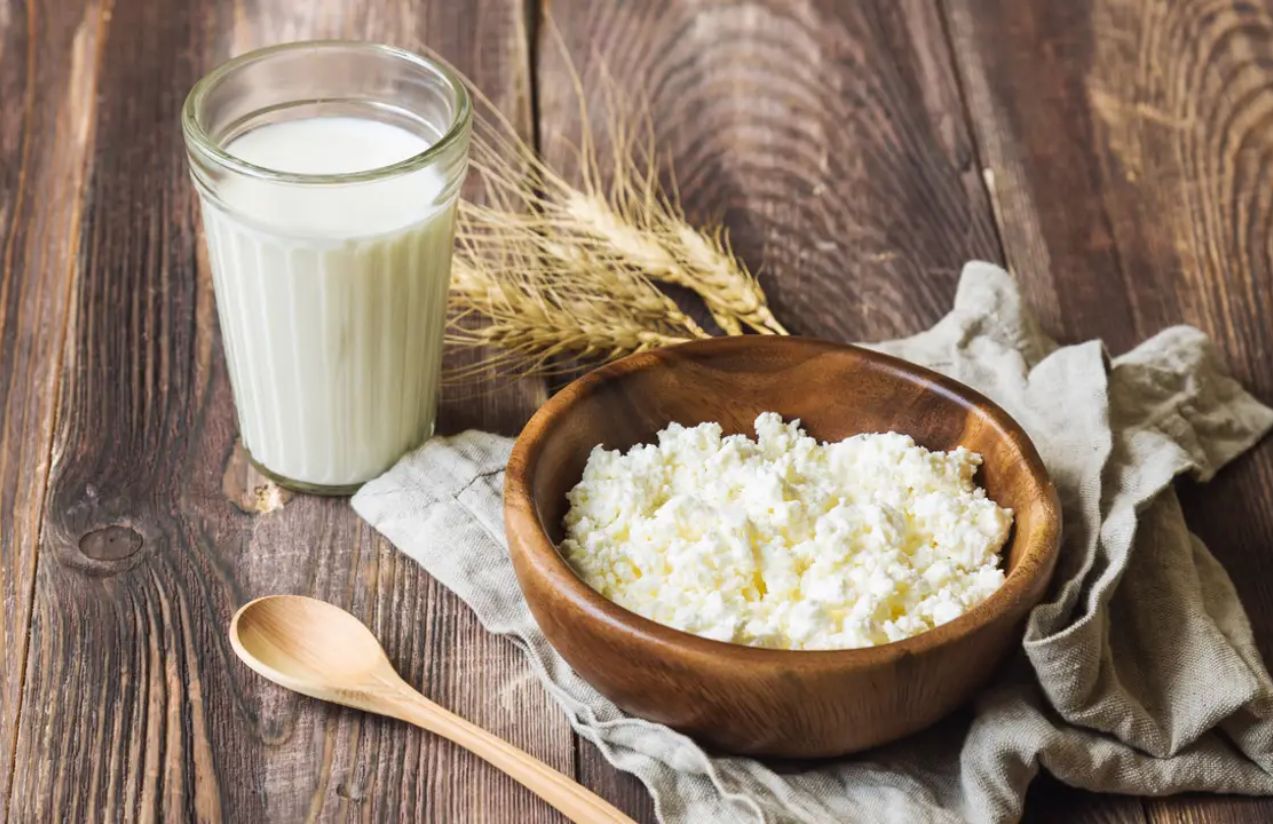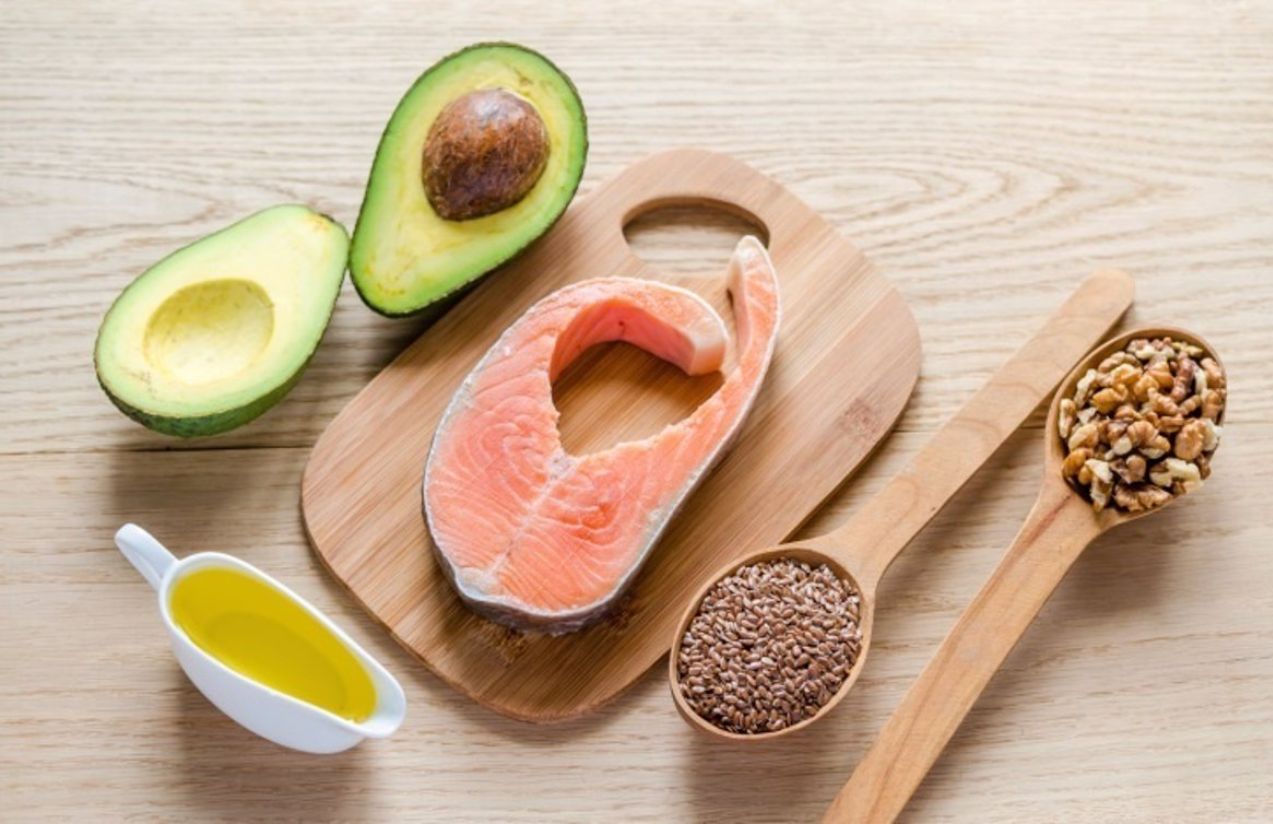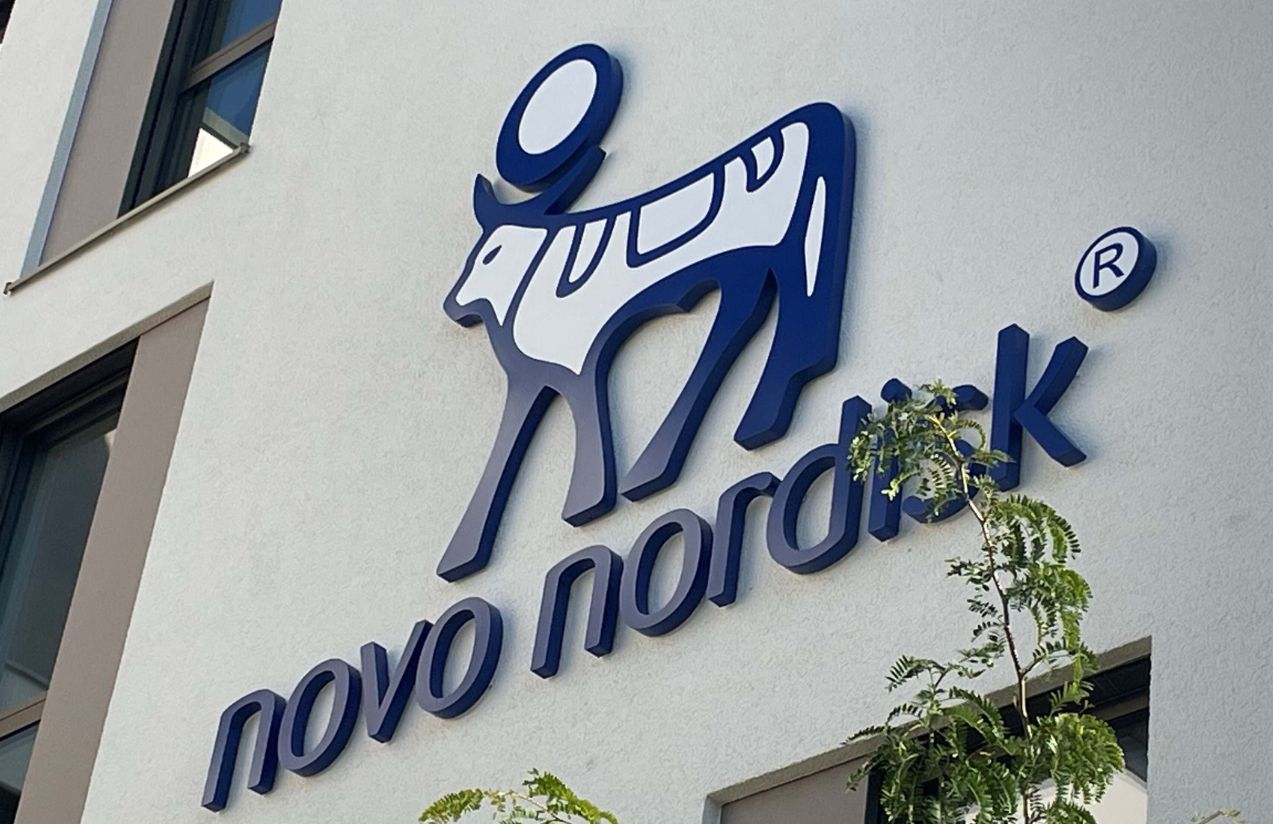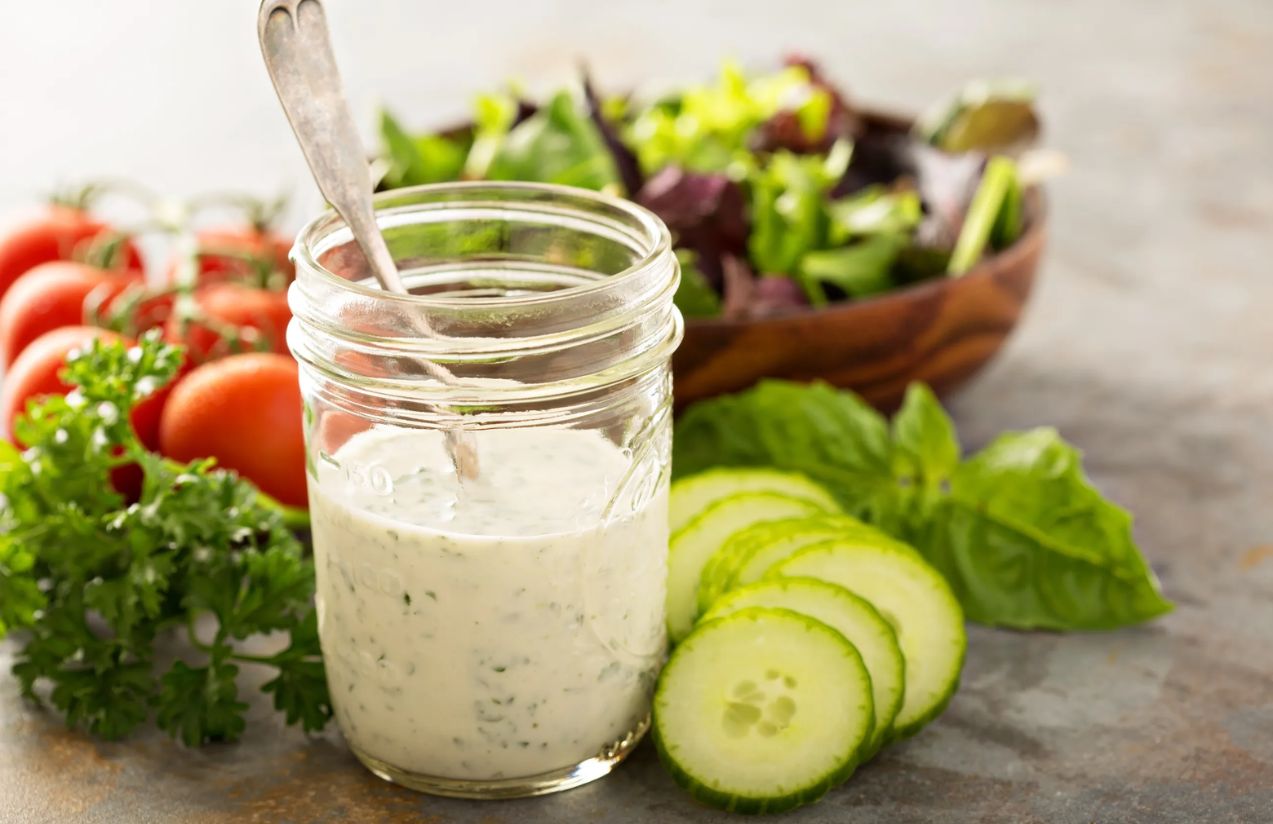A recent analysis conducted by the U.S. Centers for Disease Control and Prevention (CDC) reveals that watercress is the vegetable with the highest nutritional density, achieving a perfect score of 100 out of 100. This remarkable result is based on the presence of 17 key nutrients, including iron, fiber, potassium, calcium, and several essential vitamins crucial for the human body and its systems.
Thanks to its outstanding nutritional profile, watercress clearly surpasses other highly nutritious vegetables such as Chinese cabbage, which scores around 92 points, and Swiss chard, which reaches approximately 89.
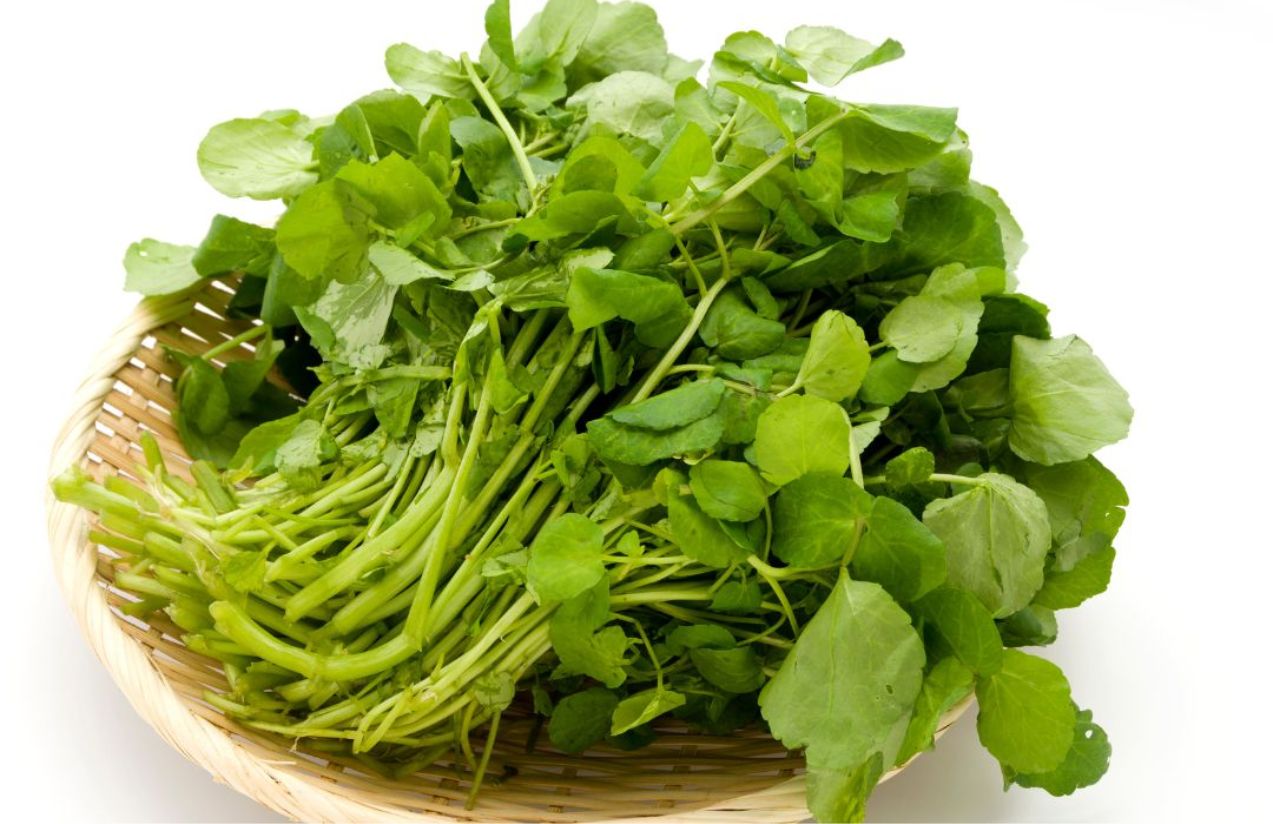
Additionally, watercress stands out for its rich content of minerals like ironand calcium, as well as vitamins A, C, K, and those from the B group, making it a powerful ally for strengthening the immune system, cellular function, and bone health. However, despite its significant benefits, it is still not widely consumed in many countries, presenting an opportunity to add more nutritious variety to the average diet.
Why has watercress achieved a perfect nutrition score?
This is due to the high amount of essential nutrients it provides per calorie, making it an effective option for nourishing the body without “overloading” it.














